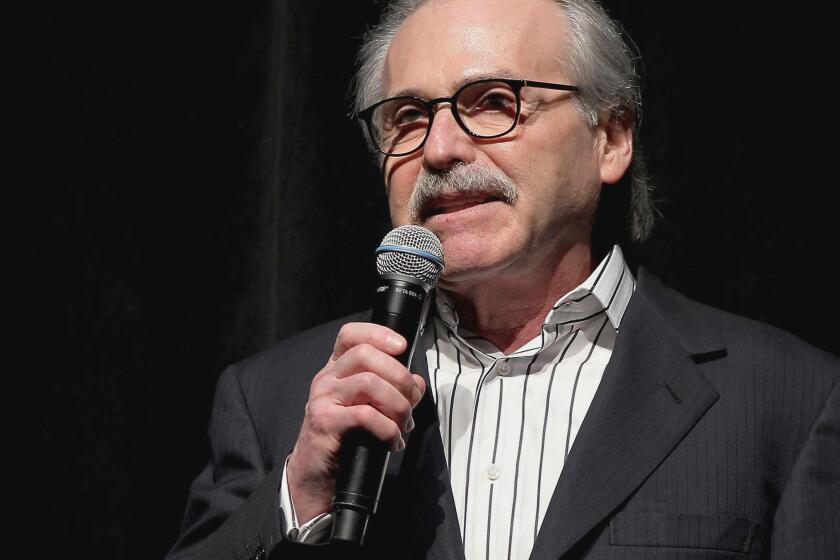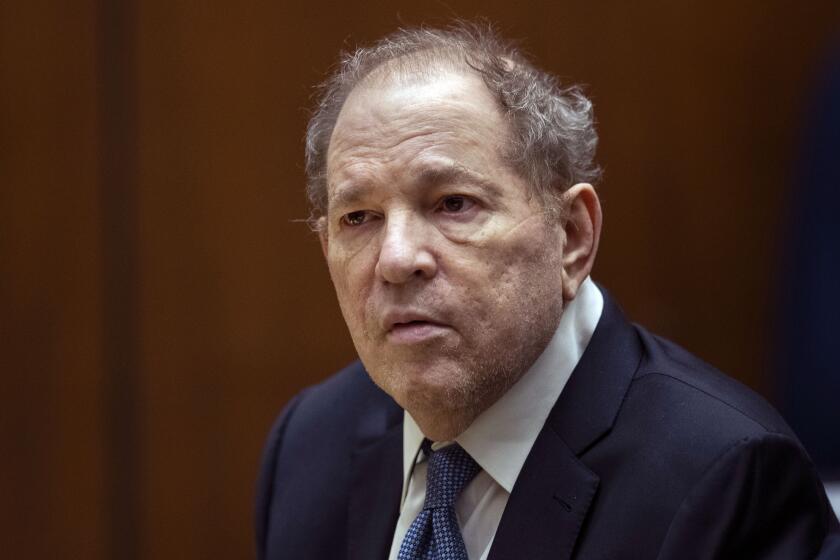South Korea-funded solar energy project brings power to Honduras’ rural poor
A solar energy project financed in large part by South Korea’s export credit agency is bringing electricity to thousands of poor families in six of Honduras’ 18 departments, officials in this capital said.
The system of solar panels is being installed by the national government, the president’s office said in a statement, noting that Honduran President Juan Orlando Hernandez personally supervised that process on Friday.
The solar energy system is being installed at homes, schools and healthcare facilities, according to the official information.
The goal is to bring electricity to 21,036 homes in poor communities in the western departments of Ocotepeque, Copan, Intibuca, Santa Barbara, La Paz and Lempira.
One female beneficiary of the project in Valle Nuevo, a community in Lempira, said she is happy to have electric lighting in her home at night and in the early-morning hours.
“Before we used to use firewood. We were afraid of getting up at night because there are a lot of scorpions here, but now we turn on the light and happily get out of bed,” the woman, who works as a seamstress, said.
Hernandez said the project “means dignity for poor people who live in very remote communities,” which often also are far removed from one another.
That distance between communities “increases the cost of traditional methods of electricity (transmission and distribution), and this is a great alternative,” said the conservative president, who was accompanied by his wife, first lady Ana Garcia, during his visit to Valle Nuevo.
“Today we’re taking a very important step for the well-being of all these people who have been excluded and neglected. And that’s our motto: bringing dignity to the poorest,” he said.
The project will bring electricity to 416 schools (a phase that is 47 percent completed) and 34 healthcare facilities (56 percent complete), the president’s office said.
South Korea’s Export-Import Bank of Korea (Korea Eximbank) is providing $48.1 million in funding for the project, with the Honduran government pitching in with an additional $3 million.
The project is part of the Tegucigalpa-based Community Development, Water and Sanitation Institute’s (Idecoas’) renewable energy program for sustainable rural development (Pro-Energia Rural).



